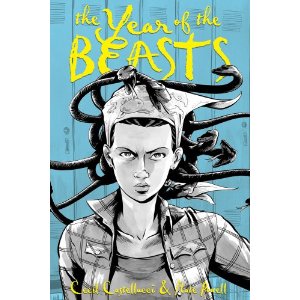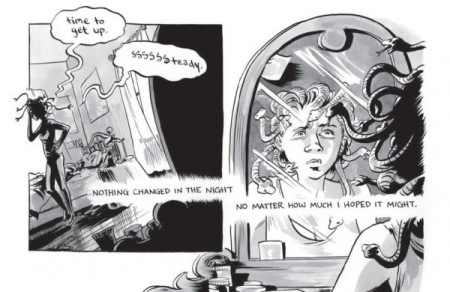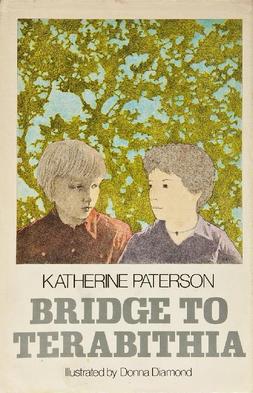It makes me think of Harry Potter. This is a boy whose family was slaughtered,
but he some how made it out alive and spent the next seven years trying to
understand why. That's a long, heavy
journey for a kid. Fortunately, he had
friends and a few wise wizards in his corner to help out. But what about the rest of us? The muggles who have no wizards, only TV,
doctors and medication to replace the magic?
Well, one thing we do have, and Harry had too, are
books. Books are an amazing go-to in a time
of unspeakable difficulty because they make no demands. "Here," the book says, "you
are not alone." And so, I decided
to tiny survey of books that deal with survivor's guilt, thinking it might be
helpful to the children of Sandy Hook, or anywhere else in the world where
someone has had to live with living.
What I came up with, unfortunately, are tons of books that
set the scene for survivor's guilt, but few that actually deal with the
aftermath. Harry Potter is
interesting in that it allows for the echoes and repercussions to last for
years. Which seems realistic to me. The others—from Hunger Games to Lord
of the Flies and the tragic A Separate Peace (once required reading
in high schools, but no longer I hear) often have a quick wrap up, a ceremonial
flower on the grave, a thoughtful monologue from an older narrator, and all is
laid to rest.
There were two exceptions, however. One for young adults, the other middle grade. (SPOILER ALERT: While these synopsis don't give away the heart of the story, if you want to come at it with a clean slate, read the titles and skip the paragraph beneath them. But I promise it won't ruin the reading experience!)

Year
of the Beasts, by Cecil Castellucci and Nate Powell. This is a book that rips out the heart of the
heroine. Or rather, anti-heroine. It begins easily enough, with a circus coming
to town. Seemingly unrelated,the event
and the aftermath unravel before our eyes simultaneously. The outer story is told in prose, the inner journey is
depicted in alternating black-and-white graphic novel chapters that are intriguingly mysterious. It's a striking way to interweave plot and emotion to depict the knotted ball of confusion left behind when someone dies and someone else lives.


One thing both books share is the hard truth that there are
no answers. Time and self-forgiveness,
forgiveness of others are addressed, touched upon, but no one can tell you how
to feel or what to do next. Grief must
be managed day by day. It's a journey
that never really ends, but it doesn't have to be taken alone.

No comments:
Post a Comment